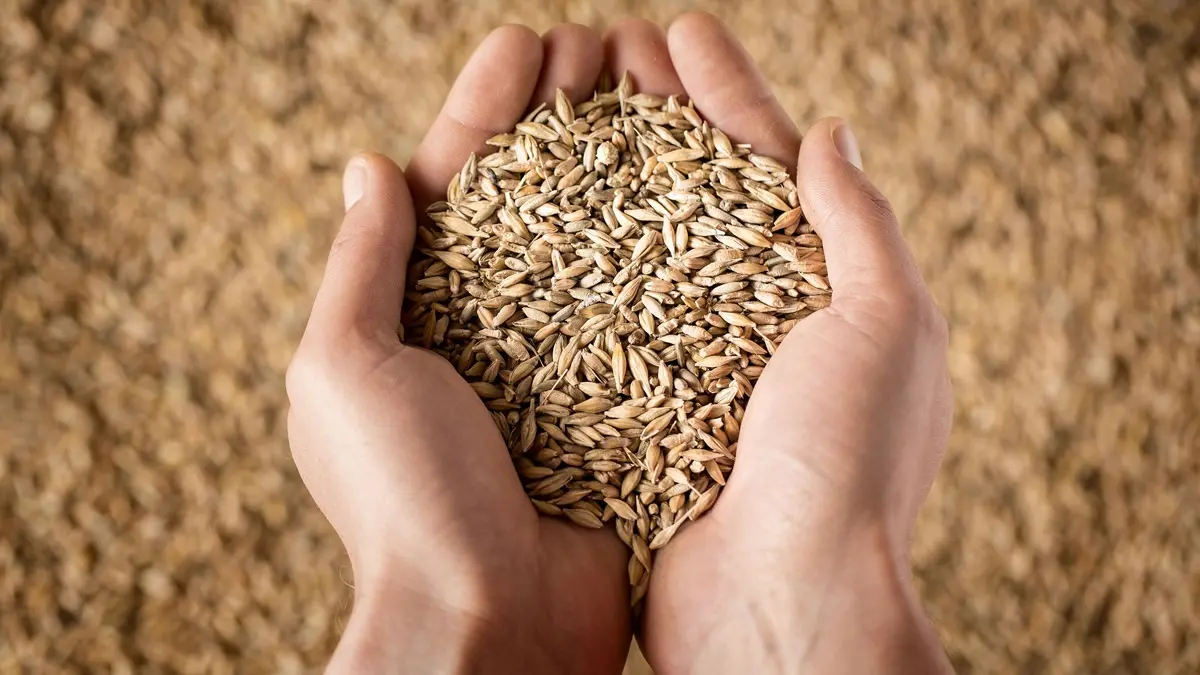
Barilla: safe and high-quality durum wheat thanks to DNA analysis
Exclusive: the new methods to verify the purity of the product and any critical microbial issues

Barilla has enriched its quality control and safety system for the durum wheat supply chain with a set of techniques which, through DNA analysis, can be particularly informative regarding certain aspects of quality and safety relevant to the pasta industry. And EFA News is able to present them exclusively.
Through a network of collaboration between public and private research bodies, such as the Crea Genomics and Bioinformatics Research Center, the Crea Defense and Certifications Research Center, the NanoBioInteractions&NanoDiagnostics Laboratory of the Italian Institute of Technology, the Dutch Wageningen UR Plant Breeding, and Coop Italia, DNA-based assays have been developed that are able to answer several important questions for the durum wheat-pasta supply chain: the presence of soft wheat in pasta, to identify some varieties of wheat and the possible presence of critical microbial factors .
“We are really proud of these new technologies created together with important research centers and large-scale distribution. As a world leader in pasta, it is crucial for us at Barilla to continue investing in Research and Innovation to improve wheat and pasta and represents a competitive and exclusive advantage,” said Paola Carnevali , Food Microbiology Research Manager of the Barilla Group. “With analytical methods based on DNA analysis, Barilla has the possibility of having an open, reliable and easy to use system, the development of which requires a solid background and know-how of genetic and genomic knowledge regarding plants and microorganisms” .
The new techniques based on digitalPCR
Among the most important factors in the pasta supply chain, there is the possible presence of soft wheat: in Italy, by law, pasta can only be produced from durum wheat, which due to the quality and quantity of gluten allows for good cooking al dente, a feature that has made our pasta famous throughout the world . The possible presence of soft wheat in the semolina is tolerated only in minimal percentages. The innovative system, based on the digitalPCR (digital Polymerase Chain Reaction) technique, is able to identify and quantify with high precision and low cost the presence of cereal species other than durum wheat, first of all soft wheat, in raw materials and products finished.
In addition, since the quality of a product can also depend on the use of specific varieties, work has been done to develop molecular tools capable of recognizing their presence. Two different and complementary approaches have been successfully developed: one, based on digitalPCR, is a high-precision laboratory method which signals whether the desired variety is present in the sample and in what percentage, the other is a system POC (Point-Of-Care), a simplified approach that can also be applied outside a laboratory, whenever and wherever a rapid response is needed.
The third question to which a "molecular" answer was sought was that relating to the possibility of early identification of any microbial criticalities for which new assays, based on digitalPCR, were developed. Among these are the species of Fusarium , which affect cereals and which are annually responsible for serious losses in yield and quality. With this new diagnostic technology it is possible to recognize these pathogens both on the plant in the field and in the grain in storage, thus allowing the adoption of appropriate strategies.
This effort comes from afar. The Parma group has been carrying out projects aimed at improving the quality of wheat and enhancing the Italian supply chain for some time and has achieved important results over time: over 20 years of research to promote more efficient and sustainable agricultural practices, 100% Italian durum wheat for the pasta sold in Italy and supply chain contracts that support thousands of farmers in 13 Italian regions. Furthermore, there are over 9,000 companies involved in sustainable agriculture projects, which guarantee Barilla the quality of the raw materials purchased and farmers can plan their work with greater security, with the Decalogue for the Sustainable Cultivation of Quality Durum Wheat.
EFA News - European Food Agency